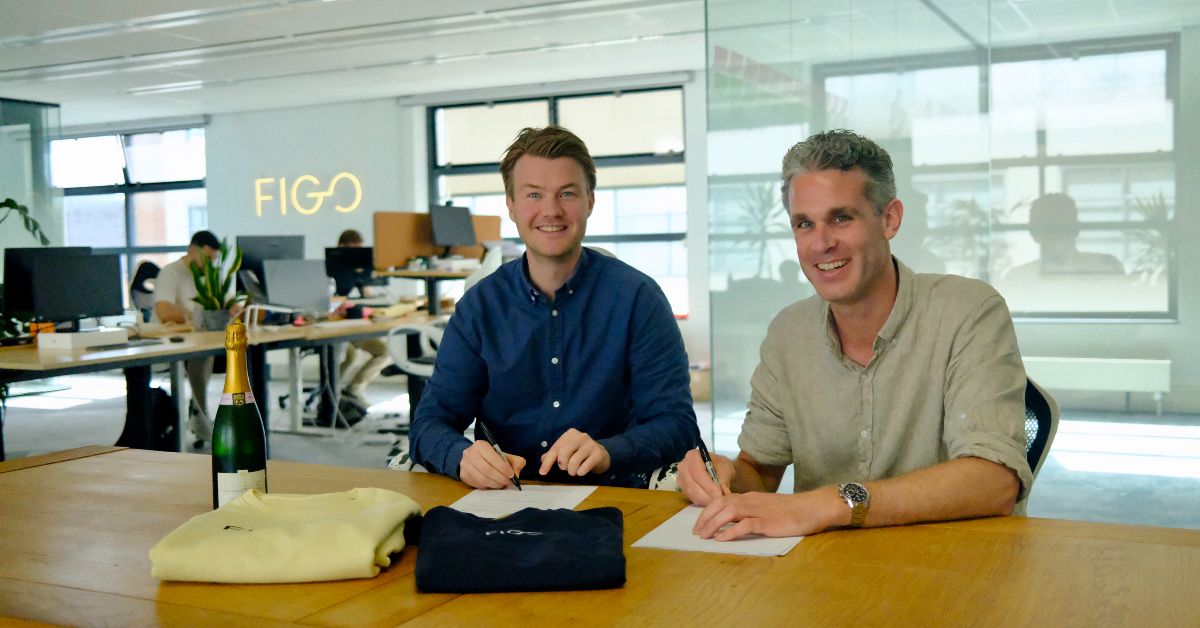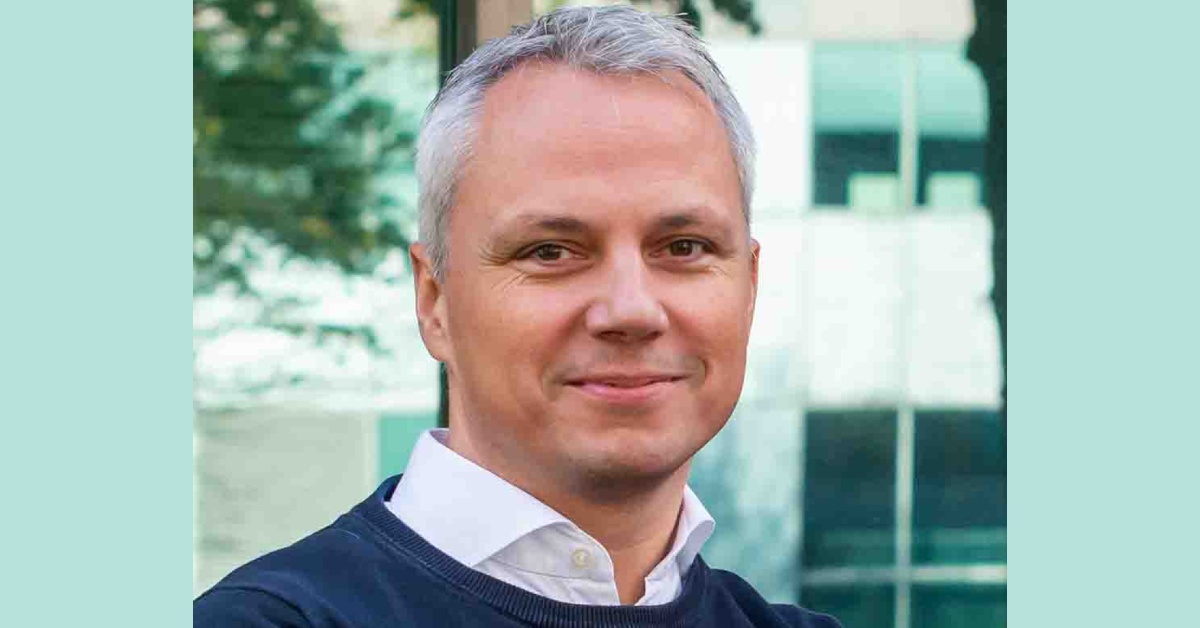Whenever we think about procuring finances for any endeavour, the first thought that comes to our minds is bank loans. The same goes true for SMEs and businesses all around the world. Traditionally, banks have been the go-to sources of funding for many of these SMEs – a rather cumbersome and nerve-racking process.
According to the EU, “Small and medium-sized enterprises (SMEs) are the backbone of Europe’s economy. They represent 99 per cent of all businesses in the EU. They employ around 100 million people, account for more than half of Europe’s GDP and play a key role in adding value in every sector of the economy.”
Although SMEs are the backbone of the European economy, banks are apprehensive about providing them loans. According to Dutch consultancy firm KplusV, since the financial crisis, banks are reluctant to fund SMEs, innovation and startups. Founded in 1984, KplusV is an expert on alternative finance and supports young innovative companies and small and medium-sized enterprises to achieve their goals. It collaborates with public and private parties to analyse economic systems, market potential and availability of alternative finance on a local, regional, national and European level.
PIMbelieves that although alternative sources of funding are available, a major challenge for innovative SMEs is the lack of transparency in the alternative finance market. KplusV helps individual companies to attract alternative funding for their innovation and early growth. Besides, it also educates both entrepreneur and investor on alternative finance through numerous workshops and masterclasses.
If requires, KplusV also creates new financial instruments which help individual companies, such as crowdfunding networks, business angel networks and public revolving funds. “This last instrument is becoming more common in the Netherlands thanks to the expertise of KplusV. Over the years, we have also performed research to assess the alternative finance market, both in national and European perspective,” KplusV mentions on its website.
In order to support innovative and sustainable SMEs, KplusV has joined forces with ACE and Haarlemvalley to form PIM NOORD-HOLLAND (PIM) – an initiative of the province of Noord-Holland in the Netherlands. PIM helps startups and SMEs from the larger Amsterdam region by offering tailored advice, insights into financing opportunities and organising masterclasses & workshops.
Over the next three years, PIM aims to reach 30.000 SME’s and 350 innovative and sustainable entrepreneurs to establish growth through tailored advice and at least €30M in funding.
In order to better understand PIM, how it helps SMEs and startups, and the various alternative sources of funding that are available for small businesses and tech entrepreneurs, we caught up with Renée Andela, business and finance consultant with KPlusV.
Types of Alternate funding
Andela says that PIM, also known as Programma Investeringsgereed Innovatief MKB in Dutch, is all about letting companies – SMEs – grow. She talks about the importance of SMEs for the economy and how they are crucial for job creation. “So we are helping companies to get investment ready and to attract funding,” says Andela.
She then goes on to talk about the various alternative sources of funding available for early-stage entrepreneurs.
Friends & Family
Andela believes that as an early-stage entrepreneur, the first way to get funded is to look around and see if there are any friends or family members who are able to offer you a small amount of money to kickstart your company, make a solid proof of concept, or take the first steps to grow.
Governmental support
Andela also tells SC about the Dutch government is also doing a lot to support these entrepreneurs by means of subsidies and grants. PIM is also working with De Breed & Partners, which is a Dutch management consulting company that specialises in optimising subsidies, credits and achieving tax benefits. According to Andela, De Breed & Partners helps entrepreneurs to do a quick scan of the various kinds of subsidies that are available.
Some key subsidies for tech entrepreneurs
According to Andela, if you are a tech entrepreneur that needs to do some feasibility project to map the technical and economic risks of a proposed innovation project, the MIT Haalbaarheidsprojecten or the MIT Feasibility projects would be really apt. As per the Netherlands Enterprise Agency or the Rijksdienst voor Ondernemend Nederland, nationally, a budget of €0.4M is available for MIT feasibility projects in 2021.
She avers that if you are an innovative company, the Innovatiekrediet would be the right option for you. “The Innovation Credit is for the development of promising and challenging innovations with an excellent market perspective,” according to the Rijksdienst voor Ondernemend Nederland. The agency has set the budget for 2021 at €60M – €30Mfor technical development projects and €30M for clinical development projects.
Andela states that the Dutch government has been pushing to stimulate tech entrepreneurs and startups to grow, and they’re great possibilities. In order to get these subsidies, she says that De Breed & Partners can help the entrepreneurs to figure out the best option for them and even helps them write the perfect project plan.
She believes that getting these subsidies and grants from the government can prove to be really helpful for the entrepreneurs in the later stages, as this would act as proof that the government believes in their idea – thereby helping them attract more angel investors.
Andela avers that entrepreneurs can stand to receive anywhere from €10K to €100K in funding from these grants and subsidies. Some large tech companies can even receive around €2M – €3M, in case they have solid proof of concepts backed by valid research and development.
Business Angels
Apart from the governmental help, there are business angels who prefer to invest in the early stages of a company if it has some kind of proof of concept or validation. They not only invest in a company, they also impart their knowledge and network.
“So that’s all about giving away a small piece of your company and letting investor help you with growing your company. The entrepreneur is always there in charge – the investor is not taking over any board seats or the founding team,” says Andela. Only a small portion of the company is given away, and together with the business angel, the entrepreneur can grow the company.
“But the most important thing in here is that they are offering smart money and in a very early stage. And that is interesting because you cannot do it all by yourself or with your own team. So they’ve got loads of experience, – they sold their company – and they’re willing to help entrepreneurs.”
Crowdfunding & VCs
Talking about crowdfunding, Andela tells us that this option can be used by an entrepreneur in the later as well as the early stages. “So if you’ve got a product company and you are in the consumer markets, then a Kickstarter crowdfunding campaign can be very useful to show if there is any validation for your products.”
Talking about the funding needs in the later stages of a company, Andela refers to early-stage venture capital firms such as Amsterdam-based Healthy.Capital that is offering smart money next to shares along with valuable knowledge and insights.
Banks are innovating
Andela also believes that banks have started to understand the importance of investing in the early stages of companies and are coming up with innovative financial solutions. She gives the example of Rabobank and how it came up with the Innovation Loan.
Rabobank Amsterdam has partnered with ACE to provide its companies with the opportunity of receiving an innovation loan. According to the ACE website, the Innovation Loans are available for ACE program participants and alumni (Ready to Scale). “Besides loans, Rabobank offers knowledge, networks and coaching. They get involved with innovative companies from an early stage and are preferred banker of many Science Park-based businesses.”
According to Rabobank, “The fund can grant €20M in subordinated loans (AIL); which is enough to boost hundreds of young companies every year. This involves loans between €25,000 and €150,000, for which no collateral is required, and no repayments must be made in the first two years.”
Common Mistakes
On being asked about some of the most common mistakes that companies make when they’re they’re raising funding, Andela says, since raising funds is a jungle, most entrepreneurs make the mistake of saying yes to an investor at a very early stage and end up losing a big chunk of their companies.
So, if a startup loses too much equity early on, it’s not lucrative enough for later stage VCs to invest in that startup anymore. It is important to look further than the current funding round and set up a roadmap for future rounds. Therefore, Andela advises that a company take its time and gets to know different investors active in a company lifecycle. “And in the meantime, try to let your company grow without funding or with some non-dilutive funding from the government.”
Interview by Remco Janssen










01
From telecom veteran to Dutch Startup Visa success: The Jignesh Dave story